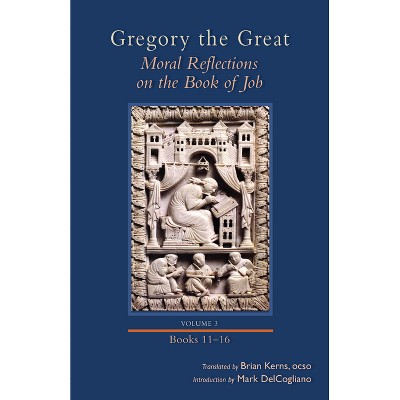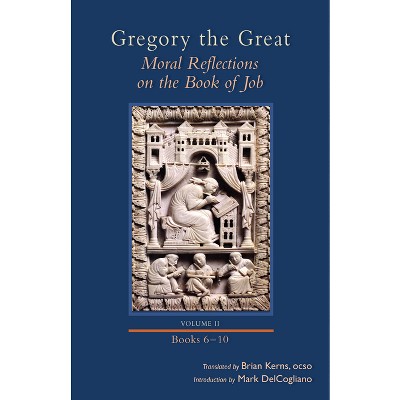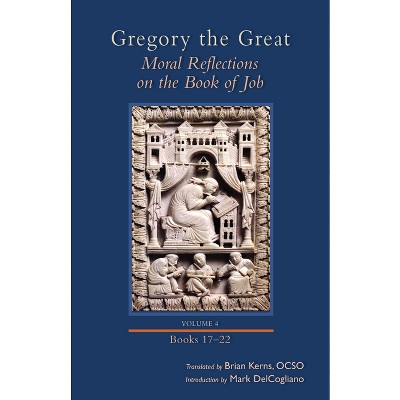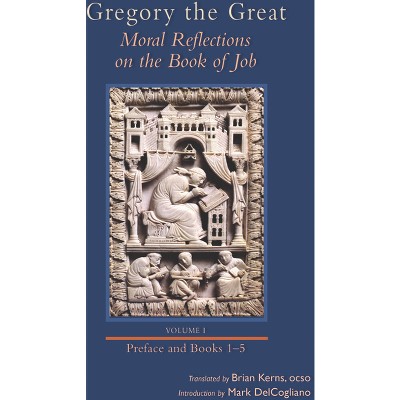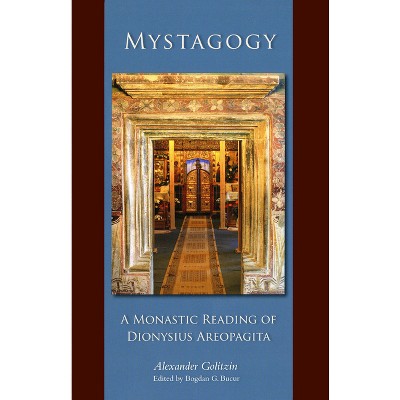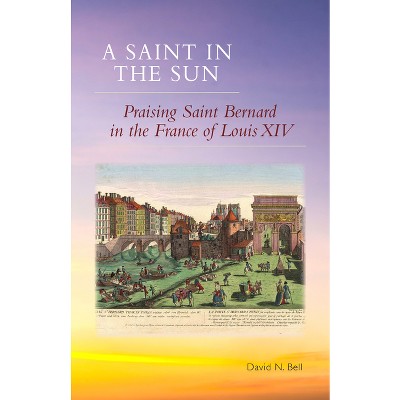Moral Reflections on the Book of Job, Volume 5 - (Cistercian Studies) by Gregory The Great (Hardcover)

About this item
Highlights
- Gregory the Great was pope from 590 to 604, a time of great turmoil in Italy and in the western Roman Empire generally because of the barbarian invasions.
- Author(s): Gregory The Great
- 332 Pages
- Religion + Beliefs, Monasticism
- Series Name: Cistercian Studies
Description
Book Synopsis
Gregory the Great was pope from 590 to 604, a time of great turmoil in Italy and in the western Roman Empire generally because of the barbarian invasions. Gregory's experience as prefect of the city of Rome and as apocrisarius of Pope Pelagius fitted him admirably for the new challenges of the papacy. The Moral Reflections on the Book of Job were first given to the monks who accompanied Gregory to the embassy in Constantinople.
This fifth volume, containing books 23 through 27, provides commentary on six chapters of Job, from 32:1 through 37:24. The present volume covers the chapters of Job devoted to Elihu, the young man who derides the three friends who couldn't find an answer to Job. For the most part Gregory confines himself, with a few exceptions, to the allegorical moral exegesis, making Elihu a symbol of the arrogant person (sometimes the heretic, and sometimes the unworthy member of the church), and Job a type either of the church herself or of the holy preachers of sound doctrine.
Review Quotes
"Whether read by itself or in conjunction with Parts 1 through 4, the present volume prepares the reader for what is still to come, Gregory's reflections on the culminating theophany, the voice out of the whirlwind, and the concluding vindication of Job-soon to appear, one hopes, in the final installment of this impressive English version of a central work of the Western patristic tradition."
Cistercian Studies Quarterly
"Brian Kerns's work of translation enables the modern-day seeker of God to read Gregory's deeply contemplative words into their own lives."
Tjurunga
"This handsome volume has a brief introduction to the work as a whole but otherwise contains the translation of the text only, with marginal notations when Gregory cites biblical texts form throughout the Christian canon."The Bible Today
"This is a volume that is ripe for lectio divina, as well as learning how to be responsibly creative in accommodating the text to personal needs."
Karl Schultz






